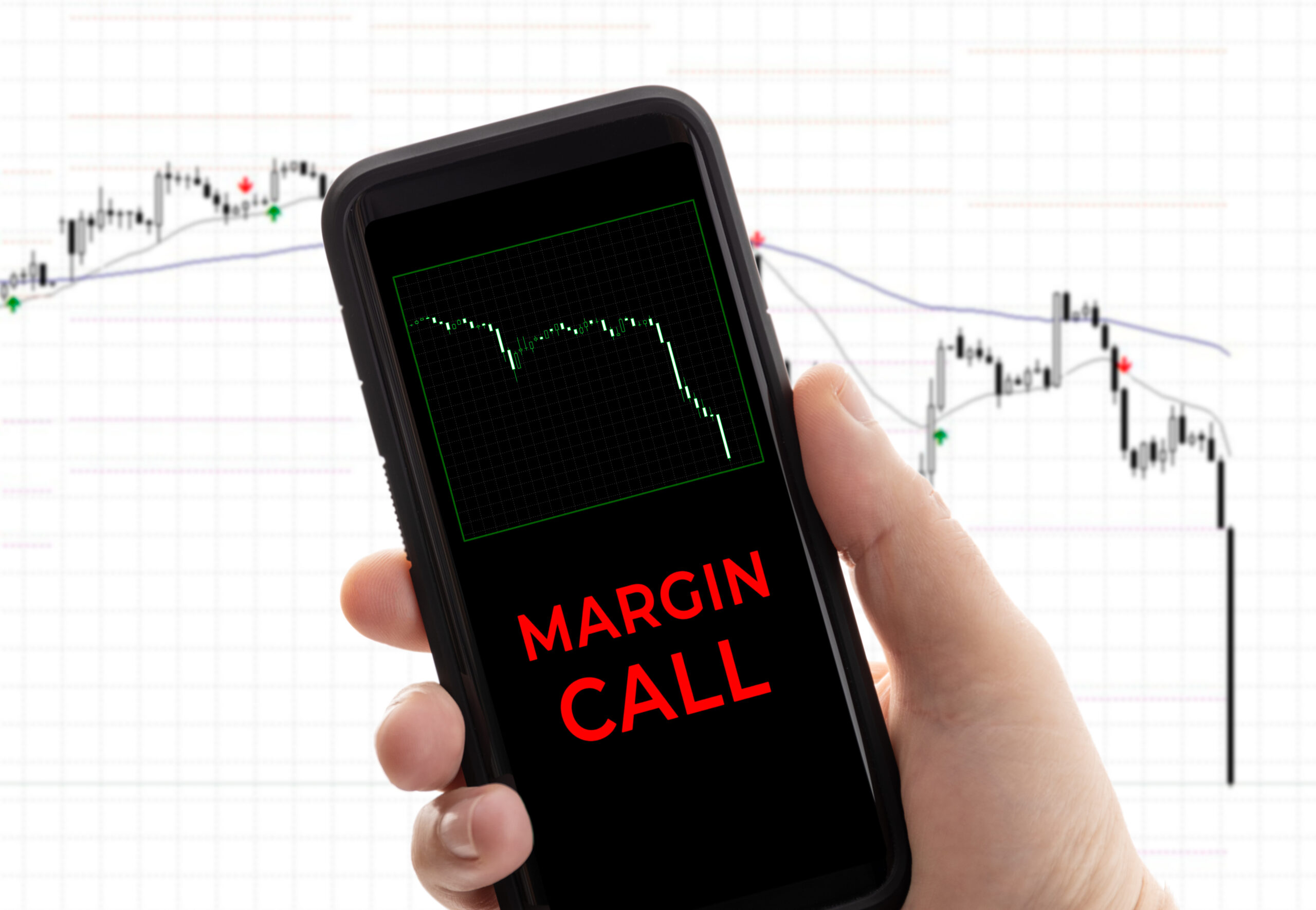Those who start investing through a CFD broker often face “margin calls,” or obligations to add money, which increase the risks of this form of investing. Margin calls and swaps (charges over holding positions) can cause these investments to evaporate.
What are CFDs?
Contracts for Differences are not stocks but derivative, indirect investment products. The investor and the counterparty enter into a temporary contract speculating on a price decline or conversely a price increase in an underlying asset. For example, the exchange rate of the dollar, the price of oil or the state of a well-known stock index such as the Nasdaq. So you don’t buy the dollar, a barrel of oil, or a basket of stocks, but at some point through the investment account, you settle on the rate change. Investing in CFDs is suitable only v0or very experienced investors who make their own decisions without the guidance of an account manager, who realize that their entire deposit can evaporate in a short time, and who can bear that loss. For the average consumer, CFDs are unsuitable because of the extreme risk: the chance of winning in the casino is higher.
Leverage
Typically, CFDs involve investing with borrowed money. The advantage of this is that there is a large positive effect if the stock price moves in the hoped-for direction. But the reverse is also true: if the expectation does not come true, a great loss is imminent. In the cases we handle, we often see that CFD investors do not follow their own strategy; they are guided by an account manager of the broker, although there are also CFD brokers who provide no guidance (execution only), just as well as there are investors who very deliberately take positions themselves based on a view of the market. What we often see when investors do receive guidance is that they are advised to take several very different (not always logical) positions, which develop in varying degrees, without a clear vision. A few positive trades offset losing trades at this stage. At this stage, no margin call follows and no additional deposit is required. A confusing picture arises in the account, but otherwise there is not much going on.
Margin call
Sooner or later, the algorithm (the software that administers the CFDs and keeps track of price movements) may issue what is known as a margin call. The coverage value of the positions then became too low. Here the investor must remember that the amount he has bet on the financial markets is actually many times higher than his own deposit. A leverage or leverage of 1:30 is very common, and higher also occurs. This means that a small and actually quite normal drop in a stock price is magnified and can lead to a margin call, when there is actually not that much going on with the financial markets going up and down a little bit.
What to do in the event of a margin call?
A CFD investor has a few options with a margin call. He can restore the declined coverage by adding money. Actually, this is a gamble that the expectation about the price trend will still come true, because with this strategy the positions taken are extended, so to speak, in the hope of recovery, but the negative trend can also continue. Another option is to close the positions taken. The investor then limits his loss, but can still withdraw profits from other trades that closed positively. Psychologically, closing the positions is sometimes difficult, as it requires the investor to recognize that he has chosen incorrectly, but this strategy is often the best way to avoid worse. The third option is a combination of these possibilities. This is not actually a real choice; often a new margin call then follows later and real, sweeping choices still have to be made. The same is true with option 1, by the way; another margin call may follow and another additional deposit may have to be made.
What does the CFD broker recommend when a margin call is made?
If the account manager puts high pressure on an investor to make additional deposits, and if he does not mention the alternative that you can also choose to reduce positions in order to limit losses, then you can assume that you are dealing with an untrustworthy CFD broker who has a hidden agenda, or a“boiler room.” What is in that hidden agenda is simply that the investor should keep depositing money, which sooner or later falls into the hands of the broker. This usually happens in a subsequent phase as a result of swaps. That there is in fact manipulation and a game being played is often not clear to the investor at this stage. Unreliable brokers operate a step-by-step scheme to get the investor to deposit more and more, eventually evaporating the investments. Margin calls, from the perspective of a broker manipulating his clients with a hidden agenda, are a tool to ensure that the client deposits more and more money.
The devastating effect of swaps
Swaps are fees that the CFD broker charges (often unannounced) on open positions. These charges are debited from the account, and if the margin was already on the low side, the software may forcibly close all positions, sometimes in the middle of the night (when you are asleep, the New York Stock Exchange is open!). This forced closure of positions also affects trades that were at profit, but the proceeds of these positive trades are wiped out against the losses on the dropped positions and the cost of the swaps. The result is that all investments evaporate; the investor then loses his deposit entirely and, after a roller coaster ride of sorts, finds himself empty-handed; all the extra deposits because of the margin calls were for nothing or, in other words, are profits for the broker, who is in fact the counterparty to the trades.
The playbook of rogue brokers
Those who have started investing in CFDs as inexperienced investors and then lose their deposits may wonder if this is the result of bad luck, or if there is more to it. The question of whether this form of investing is not a sophisticated form of scam is obvious. As a specialized law firm, we look primarily at whether the investor has been counseled and, if so, how. If so, a certain playbook has usually been followed, whereby the CFD broker manipulates and incrementally induces the investor to add more and more money. Thus the investor is trapped. Read more about the roadmap of rogue brokers here, then you can recognize for yourself if this method has been applied to you. If so, you will immediately know whether you have a strong legal case. In any case, seek advice after investments evaporate and certainly not from the broker himself; he may make you feel – completely wrongly – that you are to blame, when in fact there is a deliberate plan to get your hands on your deposit instead of investing!
Don’t fall for talking points
Shrewd account managers of untrustworthy brokers always have a story ready. For example, they may say that adding money to a margin call is required by law “to protect you.” What they don’t tell you is that you can also get out to cut your losses, and what they also don’t tell you is that additional deposits only work temporarily to prop up the investments that are apparently going in the wrong direction; first, the margin call may repeat itself, and second, the account managers know that the swaps are coming which will play the customer broke and lose his deposit, but they don’t tell you that. So be very critical if you are pressured to make an additional deposit after a margin call and remember that you can also exit.
Our specialist: Marius Hupkes





